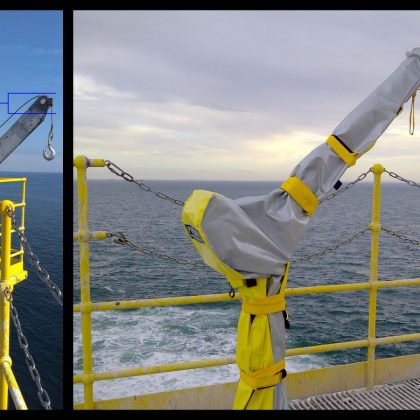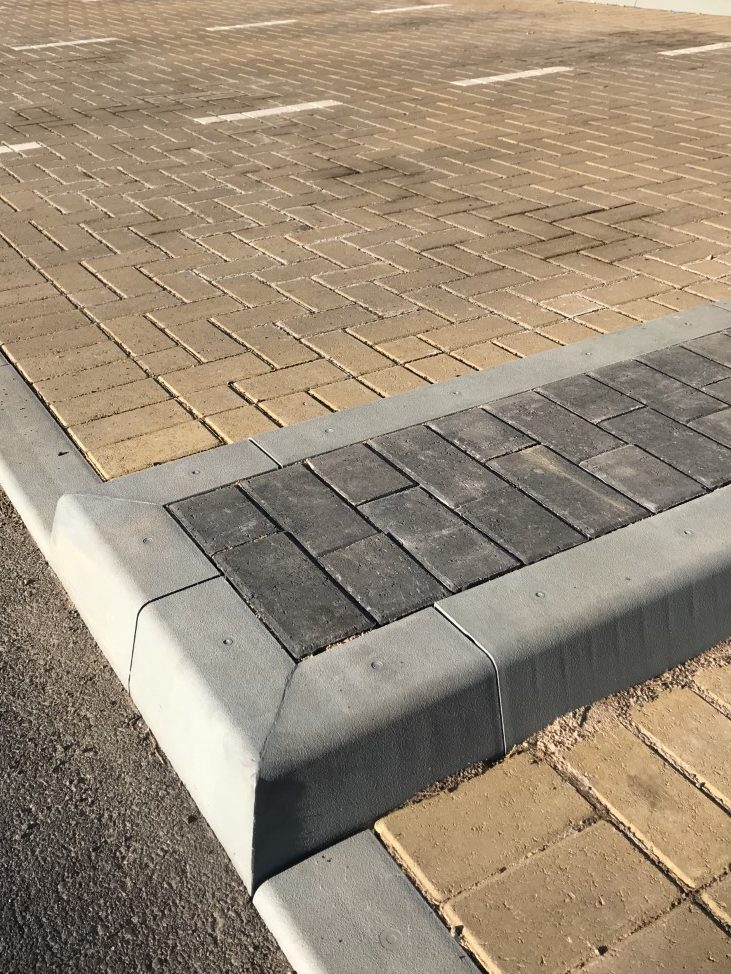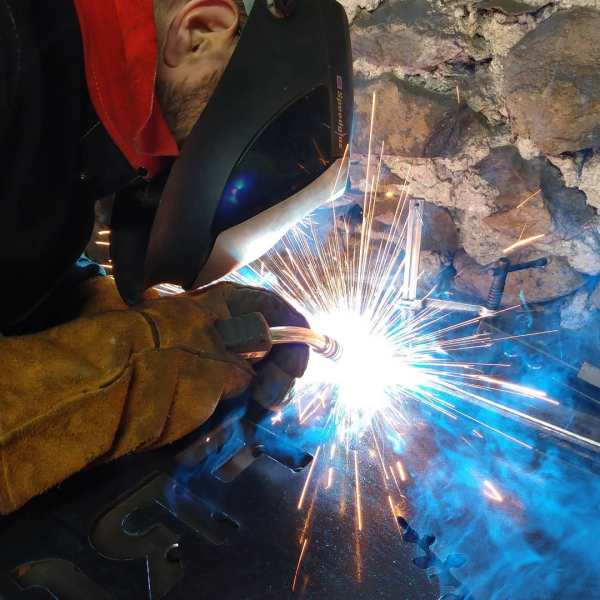
Wales will be attending the 26th annual UN Climate Change Conference (COP 26) this November. All eyes will be on the UK nations, as Scotland will host the event in Glasgow. The week-long event will give Wales a stage to share the changes being made since agreeing to the 2015 Paris Agreement. Welsh business will provide an excellent talking point.
Four years have passed since the signing of the Paris Agreement. Unfortunately, businesses across the globe have continued to buy into fossil fuels. As a result, emissions have increased an additional 4%. Practices used by manufacturing businesses play a key part in reducing this.
Time is a non-negotiable to tackling climate change. Events like COP26 will place developed nations like Wales in a unique position to drive the shift to a zero-carbon economy.
What does Paris Agreement have to do with climate change?
- The Paris Agreement is a landmark international deal adopted by almost every nation in 2015
- The agreement pledges to keep global temperatures below 2.0C (3.6F), above what it was during the industrial revolution and preferably below 1.5C
- This agreement was signed at COP21. COP stands for ‘Conference of the Parties’ and 21 refers to the 21st year in a row for the signatory countries to come together to discuss their actions
- It relies on developed nations to help less developed nations adjust to climate change and convert to renewable energy
- COP 26 will evaluate progress since the 2015 Paris Agreement
A Greener Future
Last year, the Welsh Government released its Low Carbon Delivery Plan. The plan outlines its strategy towards decarbonisation and the ambitious goal of dropping greenhouse gasses 95% by 2050.
The COP26 President, Alok Sharma, spoke at the launch of the COP26 Private Finance Agenda. This agenda ensures that all professional financial decisions take the climate crisis into account. Sharma states that there is only one economy that can escape the most detrimental effects of climate change and deliver growth, and that is a “decarbonised economy.”
Let’s take a look at three Welsh manufacturers leading the way for not just for other businesses in Wales but global corporations with sustainable initiatives and practices:
Pinpoint Manufacturing climate change

The company began in 2006. Managing director, Sandra La Grange, made a marquee for her own wedding from material typically used for heavy duty lifting bags. The success of the marquee led to people enquiring for bags made from said materials. Since then, the Penclawdd based business has grown.
The business prides itself on its climate consciousness. They always look into becoming greener, cutting costs and improving staff knowledge. This includes looking into ways to distribute their waste produce. An example of this would be donating off cuts of unused fabric to the local college. Additionally, offcuts of plastics are given to carpenters. Both are greener alternatives to using a landfill.
Sustainable values
The Welsh Government decarbonising plans address that a low carbon economy will require up-skilling and re-skilling of employees. This will help businesses adapt to new climate friendly technologies, industries and trades.
“I’ve always been taught that overheads kill a business and actually making sustainable goals doesn’t need to add extra costs.
Jimmy Cowley, general manager for Pinpoint, joined the company last September. He says the business has no need to invest big money into up-skilling staff. Jimmy states, “We haven’t had to spend a lot of money, it’s about being conscious and making the right choices.”
Being a small company, they employ 12 staff members. They have found educating staff a simple process when those employees already buy into the same ideas.
PinPoint is aware that energy and business costs are always rising but all businesses have an obligation to be as sustainable as possible. Jimmy thinks that being a sustainable business is manageable, “I’ve always been taught that overheads kill a business and actually making sustainable goals doesn’t need to add extra costs.”
Pinpoint continue to evaluate how they distribute their waste products and remain conscious of their own budgets. The company always look at how they can simultaneously save money and make better choices.
If Pinpoint could voice their knowledge to other businesses at COP26 Jimmy says that success comes from, “Making an effort to look to ways to make a difference themselves rather than relying on outside influences to make a difference.”
Durakerb

In 2003 environmental entrepreneur, Phil Sutton identified a need for eco-friendly practice in the construction industry. Unhappy with the volume of waste in construction and lack of recycled material he brought 20 years experience in recycling to develop Durakerb. A company that forms sustainable kerbs through recycled plastic as opposed to concrete.
Every unit produced by the company contains 88% recycled polymer, equivalent to 182 plastic bottles. This approach has seen the business prevent the equivalent of 72 million plastic bottles from ending up in landfill. In doing so they have spared roughly 12,000,000 kgs of emitted carbon.
Sustainable mutuality
Navigating the business industry with sustainable values and goals has not been simple. It requires support and cooperation through the industry as a whole.
However, Durakerb believe their efforts have helped in shaping a change in sustainable thinking.
Speaking about the long and costly process the company have endured they believe it is worthwhile. “Durakerb is now a true example of how an innovative idea and product can develop from what is first seen as new, to now be an accepted norm or standard”, says Durakerb.
The Welsh Government have recognised the value that sustainable companies like Durakerb generate to the business secot. In 2019, the team showcased their products on the Welsh Government Stand at Railtex. A UK premier exhibition that showcases the best railway equipment, systems and services. Durakerb were among 400 exhibitors from 22 different countries.
“We were forced to close resulting in a trade standstill
However, out of the nations they supply to in the UK, they say Wales prompt a lower demand.
They explain how recycled material is always costlier than sourcing material out of the ground. Their recycled material makes up 85% in production costs. Durakerb explain that contracts in Wales tend to award servicers where the cost of kerbing is under-priced.
“The main challenge is getting industry to change and buy into what you do”, says Durakerb.
Additionally, the outbreak of COVID-19 stopped the company’s operations over the first lockdown last year. “We were forced to close resulting in a trade standstill”, the company explains.
Fortunately for the nature of their business, the construction industry was one of the first to reopen. They report that, “Sales have been growing since then.”
The company are clearly resilient in their efforts and merit themselves on shaping up business to have a greener approach.
Ravens’ Way

Jo and Nick Wilde run a sustainable metalwork business in the North-West of Wales. Their home facilitates Ravens’ Way’s design studio and workshops. Every task is powered by solar PV panels.
The business partners and married couple both come from environmental backgrounds. They met at university and went on to carve out careers promoting greener business in Wales.
Green DNA
Ravens’ Way identify the company’s DNA as sustainability. Despite the technicalities involved, Nick stresses that his availability to discuss the business today is dependent on sunlight, “The only thing we’ve got to race on is weather. As always weather anxiety is part of our life.”
Solar PV systems rely on cells to convert sunshine into electricity. The stronger the source of light is, the stronger the flow of electricity.
The decision to run their business with as minimal impact on the earth as possible Ravens’ Way have invested in solar PV and battery storage system. Their eco-friendly system exports any surplus to the grid. The company then buy back 100% renewable electricity when required.
“I’m living in fear of what’s happening now.
The success as a green business centres around a circular approach. Everything they use and produce is sensibly sourced and re-used. All usable offcuts are kept for other projects and anything unusable is taken to a local metal recycling centre.
Act local, think global
Small environmental changes come naturally to the pair and work towards promoting green business as a way forward. From providing electric car charging points for visitors to planting over 400 native trees on site, they constantly act local to think global.
Having spent 30 years in the ecology sector Jo praises Wales for acting as a world leader in climate change action. However, the new Brexit agreement will disrupt business in the UK and have a knock on effect on the sustainability drive in Wales.
Jo is concerned by this, “I’m living in fear of what’s happening now.”
Financial incentives are important according to Jo and she hopes that a climate event like COP26 will ensure the Welsh Government are putting together real cash money for sustainable businesses. This will allow allow businesses like Ravens’ Way, Durakerb and Pinpoint to continue their hard work. Efforts that have been implemented over the last decade to create a greener Wales and prosperous globe.
